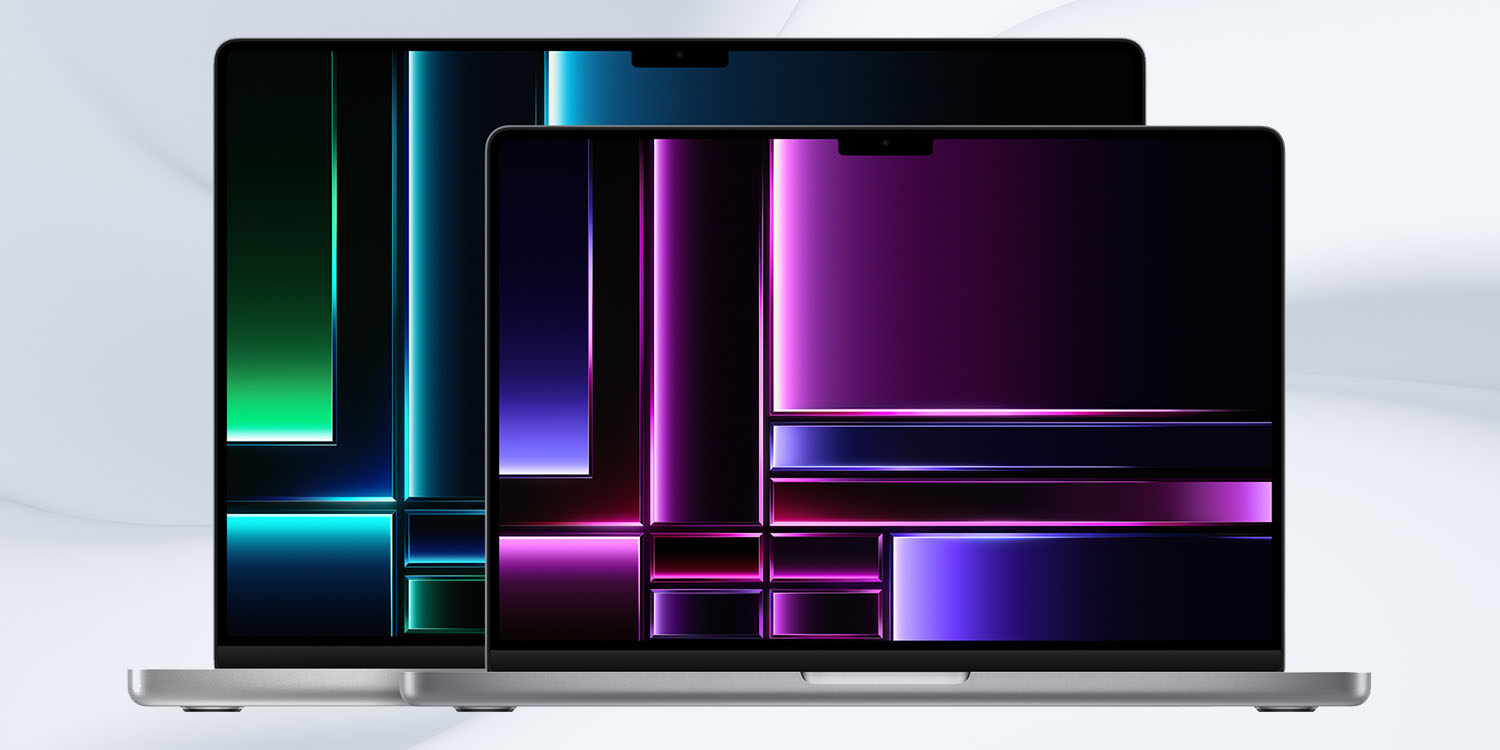
Mac shipments in Western Europe fell 22.8% in the final quarter of last year, according to the latest market intelligence data. This ties in with yesterday’s supply chain report that Apple subsequently halted production of the M2 chip for a full two months.
But while the news wasn’t great for Apple, it was even worse for the top-selling PC brands …
Background
We already knew the Mac business wasn’t doing well. During its earnings call for the holiday quarter, Apple revealed that Mac revenue fell from $10.85B in the final quarter of 2021, to $7.74B in the same quarter last year.
Apple CEO Tim Cook commented at the time on the “difficult” situation, noting that high sales of M1 machines in 2021 meant lower demand for M2 ones, and that the PC industry was contracting.
But a supply chain report yesterday suggested that even Apple was surprised by the scale of the fall in demand for the latest Mac, halting M2 chip production for a full two months – the first time the company has ever suspended production of a current-gen chip.
Mac shipments fell 22% in Q4 2022
Canalys data shows that Mac shipments in the holiday quarter fell to 1.4M, down from 1.8M in the same quarter in 2021.
However, the same data reveals that the PC market as a whole slumped by a massive 38.5%. All major PC brands listed suffered even more than Apple.
| Vendor | Q4 2022 shipments | Q4 2022 market share |
Q4 2021 shipments |
Q4 2021 market share |
Annual growth |
| Lenovo | 2.9 | 26.9% | 4.4 | 25.4% | -34.9% |
| HP | 2.5 | 23.8% | 4.4 | 25.6% | -42.8% |
| Dell | 1.6 | 14.6% | 2.7 | 15.6% | -42.4% |
| Apple | 1.4 | 13.2% | 1.8 | 10.5% | -22.8% |
| Asus | 0.9 | 8.1% | 1.2 | 6.6% | -24.9% |
| Others | 1.4 | 13.4% | 2.8 | 16.2% | -49.2% |
| Total | 10.7 | 100.0% | 17.4 | 100.0% | -38.5% |
Canalys says there are three reasons for the fall in demand.
First, we saw dramatic increases in demand throughout the pandemic, with eight consecutive quarters of higher-than-average shipments. This was driven by a mix of need for a better setup for working from home, and increased demand for at-home entertainment. That means that the market was effectively saturated, with a high percentage of consumers and business alike having recent PCs that wouldn’t need replacing for some years.
Second, the current economic climate, with high inflation and layoffs. Many have seen their real-term spending power reduced significantly, while others face an uncertain future, reducing consumer spend on expensive luxuries.
Finally, interest rate increases have made leasing PCs more expensive for businesses, alongside general cost-cutting in a difficult economy.
The news was better for Apple on the iPad front, where shipments were flat while most other brands saw significant falls.
Apple’s launch of the 10th generation iPad in Q4 helped extend its pole position in Western Europe’s tablet market as it stayed flat year-on-year in Q4. However, for the full year 2022, it saw shipments decline 16%, in line with the wider market.
Samsung placed second for the quarter and year as impressive holiday performance meant it was the only major vendor to post growth [of 16.3%]. Lenovo had a weak Q4 as its tablet shipments fell 62% year-on-year, knocking it down to fourth place, below Amazon. Huawei held onto fifth place despite undergoing a massive shipment decline of 66%.
The market data firm does expect the western European PC market to continue to decline throughout this year, through by around 7% rather than the 21% seen across 2022. That will likely continue to be reflected in Mac shipments for at least some of the year. It forecasts a return to growth in 2024.
FTC: We use income earning auto affiliate links. More.




